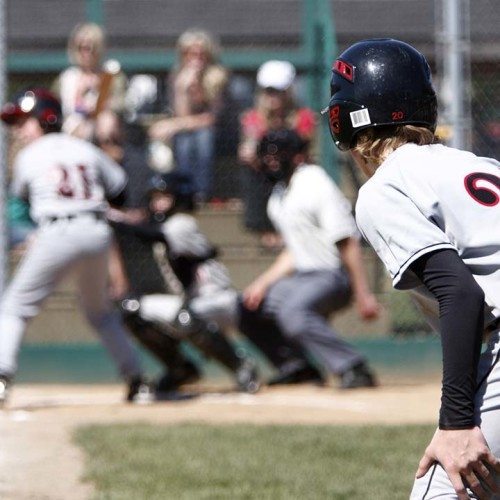Recently, in both social media and through our own personal connections, it seems as though more and more people are sharing their experiences of sexual harm. As a community, we don’t always know how we can help survivors of sexual trauma or how to respond.
What contributes to healing when there is disclosure:
- Willingness to listen to what survivors are comfortable sharing
- Believe survivors when they are sharing their experience
- Take cues from the language used: i.e. survivor, abuse, trauma
- Let them repeat their experience and the impact as often as they need to
- Help link them to on-going supports
When sexual harm occurs there is a ripple effect that can be far reaching. It can impact trust in relationships with others. People around a survivor can be at a loss on how to provide support.
Restorative Approach to Sexual Harm
When we talk about a restorative approach to sexual harm, we are met with many reactions: How can a restorative approach be used? What does it look like? How is it done?
Restorative approaches can provide an opportunity for the victim of harm to voice what they need and to have control over a process that might work for them. In this approach, the person that has caused harm takes accountability and hears directly from the victim about the impact of their actions.
What we hear through our work with survivors is that they want options. They want choice in what approach works best for them.
Choices are empowering.
In a recent article in the New York times, Danielle Sered – founder of Common Justice, drawing from her experience of working with hundreds of survivors of serious crime states that when given the choice, 90% of survivors would prefer a restorative approach to the offender being incarcerated (https://nyti.ms/2u1MYHJ). By providing choice to survivors, we can offer support while empowering people to decide how perpetrators of violence can repair the damage they have caused.
What Restorative Options are available?
Restorative approaches to sexual harm can take many forms, depending on the needs of the individual. Restorative approaches often involve volunteer facilitators, which can contribute to community healing. Safety, confidentiality, respect and accountability are essential in using a restorative approach to harm.
Survivors can:
- Be supported through peer support or individual counselling
- Take part in a facilitated dialogue process, where the survivor can express how they were impacted and witness the person who offended take responsibility. The court process often takes that opportunity away for both the survivor and the offender
- Use a restorative justice approach in addition to traditional justice system
- Share their story, it’s impact and develop tools to care for themselves
- Start or continue a dialogue with others who were impacted by the harm, in turn healing as a community
Revive offers a variety of services for survivors of sexual harm, their partners and family members. Click here for more information on the available options.
What do people say who have taken part in a restorative approach to sexual harm?
“Restorative Justice had such a positive impact on my healing”– Revive program client
“Gave me hope that healing from this is actually possible” – Revive program client


 READ MORE
READ MORE





Thanks for a relevant and meaningful article on sexual harm.
I was just talking to someone on the weekend about #metoo- and how it has created a culture that encourages sharing but not really told us how to support those who do share sexual harm.
You have provided some clear ways that we can support others and included the benefits of using restorative practices.
I’ll be sharing this with my people.